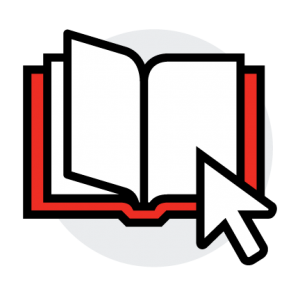It is with pleasure that the Quest Committee announces Volume 12 of the Quest Journal, an online research journal focused on linking research with practice in the interests of improving student well-being. The publication of the journal coincides with the annual Quest Conference, and its content reflects the annual theme of the Conference: The Quest for Well-being: Making Connections, Making Commitments. Submissions to the this year’s journal will fall under one or more of the following themes – equity, innovation, leadership, mental health, modern learning, and mathematics. For further information, please review the submission criteria.
One of the highlights of our Quest Conference is our online Quest Journal in which various conference presenters, educators, and scholars have the opportunity to publish articles relative to the conference theme. We invite you and your colleagues to submit articles, images or video from the work of your districts, organizations or from your own personal research. We are also pleased to showcase art throughout the journal from students across the YRDSB.
Thank you for your interest in The Quest Journal!
Committee members: Melissa Murray (MEd), Jean Claude Ah-Teck (PhD), David Hung (PhD Candidate).
Volume 11
Using Smart Ideas: Leadership Roles and Impact on Student Learning and Teacher Practice
Author: Darlene Nagy
One of the main concerns I have as a junior teacher is how to help students who struggle in writing succeed. In my experiences I find that students have difficulty generating ideas and simply writing them down. Students with learning disabilities have an even more difficult time when writing. How do I help these students and lessen the frustration they feel when asked to write at school?
Keywords: leadership, teacher practice
The Power of Creating a Logic Model
Authors: Nada Bimbilov, Lynne Hollingshead
As researchers working within a large school board supporting system-wide learning we are regularly asked by our colleagues, “How can we measure our impact?” Our answer has consistently been – what are your goals and what does it look like and sound like along the way to reaching those goals? We have found the construction of a logic model not only supports intentional planning and monitoring but also builds a shared understanding and commitment to our work towards improved student achievement and well-being.
Keywords: program evaluation, logic model, planning, monitoring, goal setting, developing success indicators




 Quest Journal Submission Inquiry
Quest Journal Submission Inquiry
